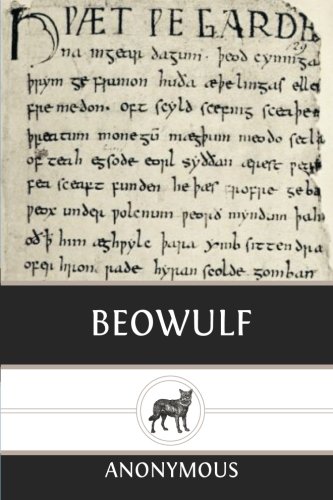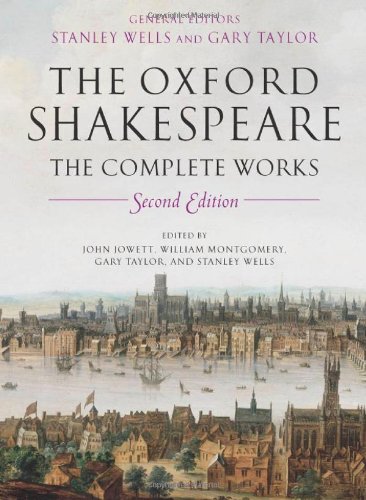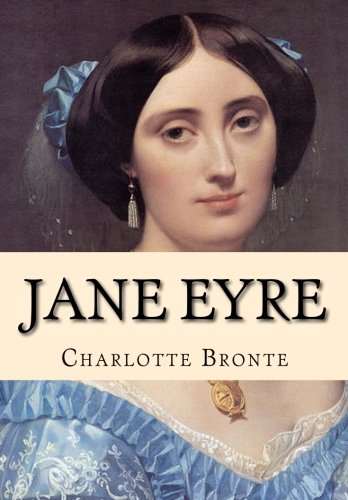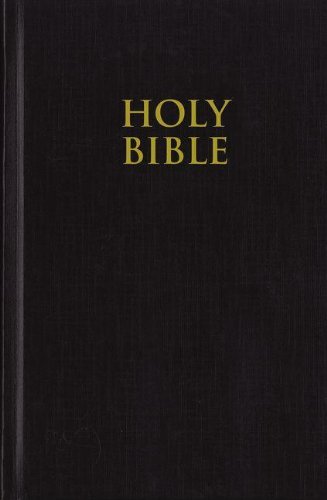Remember assigned reading in high school? Especially, the most diabolical of all, summer assigned reading? You probably thought those days were over, right? Wrong. Various colleges assign summer reading, and even if they don’t, they definitely assign reading during the year. Once school starts, all that matters is reading the 50 pages you were supposed to so you can give a summary when your professor asks you through her death-stare. What will sneak into your final exams and essays, though, are (most likely) the stories on this list. I apologize that the vast majority were written by old white men, but I don’t make the rules (nor the syllabi):
1. Beowulf by Unknown

If battle scenes are your favorite part of any fantastical movie, then look forward to this required reading. Devoid of any romantic theme, this story dives into straight gore and glory amid a complete sausage fest of characters (barring one female—who’s a monster). And even if that’s not really your thing, you’ll still find the read at least a little exciting. Who can resist a Viking story? Something had to set the stage for How to Train Your Dragon.
2. Faust by Johann Wolfgang von Goethe
From heaven to hell, God to the Devil and magic to patriarchy, Faust has everything. For those of us who are critical of today’s predominantly sexist society, Faust can be a very interesting read. Why? Because it is (in part) an almost painfully overt depiction of the traditional “fall from grace” story. No spoilers intended here, but in Faust, a woman loses everything for having the audacity to have sex. Gasp! But the male protagonist, Faust, gets his in the end too. So, there. Serves him right. F—k the patriarchy!
3. Something Shakespearean, Always

Shakespeare turns into a free for all depending on who’s teaching the class. If your professor comes off as a “serious” hard ass or killjoy, he or she may assign something like Hamlet or Macbeth. While both works are well worth studying and admiring, even the biggest Shakespeare fan admits that they really bring down the mood in a room. Hopefully you’re lucky enough tosnag an optimistic, excited professor who assigns one of the comedies like Much Ado About Nothing, A Midsummer Night’s Dream or Twelfth Night. Added bonus with reading Twelfth Night: You and your class may be able to convince the professor to play She’s the Man, since it is a modern adaptation of the play.
4. Jane Eyre by Charlotte Bronte

Everyone loves making a big deal out of Charlotte’s sister, Emily Bronte, and her masterpiece Wuthering Heights. *In Gretchen Wieners’ voice*: But Charlotte is just as smart as Emily! People totally like Charlotte as much as Emily. With that said, let’s not ignore the inspiring and optimistic, yet sometimes creepy, novel, Jane Eyre. You know why this book is awesome? Because its protagonist, Jane Eyre, is a determined, intelligent woman—a sort of O.G. version of “Unbreakable” Kimmy Schmidt, minus the kidnapping thing. Still, Charlotte Bronte had to use the gender-neutral pen name “Currer Bell” because the book was published in 1847. Back then, nobody would’ve bothered to read something written by a woman. Or so they thought. They really would’ve crapped their pants to see J.K. Rowling’s rise to success.
5. Antigone by Sophocles
There’s no way around the fact that this classic tragedy is—wait for it—pretty upsetting. However, Antigone looks into the ideals of ancient Greece and features a heroine who’s totally a HBIC (Head Bitch In Charge). Aside from the part where she (*spoiler alert*) dies. Either way, this classic displays quite the feminist theme for a culture that denied women the majority of their rights. Legend has it that Sophocles may have died while reciting Antigone, around the age of 90. Seems like his death wasn’t in vain, considering we’re still reading (and acting out) Antigone thousands of years later.
6. The Yellow Wallpaper by Charlotte Perkins Gilman
What happens when your husband doubles as your doctor? Heed the warning of this trailblazing feminist work because it’s not a good move. Deeper than this theme, though, you’ll find Charlotte Perkins Gilman’s commentary on the crushing effects of the patriarchy, especially in the instance of mental illness. “[W]omen who suffered from mental health issues and illnesses were not treated correctly because they were women. And if they were not able to fulfill their womanly duties they were declared insane. But if the woman in The Yellow Wallpaper receiver the proper therapy, she wouldn’t have gone crazy (it can be assumed),” senior Secondary Education English major at Bloomsburg University Haley DeCarlo said.
7. Anything by Walt Whitman
According to American high school teachers and professors alike, you can’t go wrong with some poetry by Walt Whitman, not to be confused with our favorite fictitious television dad Walter White. Leaves of Grass, Whitman’s anthology of poetry, is a fan (mostly professor) fave. Whitman proves unapologetically fascinated with the power and beauty of the individual—American AF. “[W]e just focused on his love for nature and how when he spoke about nature it was his substitution for love,” DeCarlo said of her class discussions on Whitman’s work. Very progressive, considering he was (maybe) gay.
8. The Scarlet Letter by Nathaniel Hawthorne
Everyone knows about Emma Stone’s breakout performance as a faux hoe in Easy A. But we may not be as familiar with the novel that inspired the movie—The Scarlet Letter. In Hawthorne’s book, set in Puritan America (our lowest point until the nomination of Trump for Pres), Hester Prynne is punished for the awful, heinous, shameful crime of having sex while being a woman. Is anybody else noticing a theme? In the ugly face of public scorn, Hester retains her pride serving as a symbol of dignity for generations to come.
9. The Bible

Full disclosure: I’m a little outside of my range talking about the Bible considering I was raised secularly. While I’m grateful nobody ever forced me to go to Hebrew school or CCD, I’ve consistently found myself at a disadvantage in college courses because I have never read the Bible in its entirety. So, prepare yourself to read about people turning into pillars of salt (or sand?), fathers handing their daughters over to strangers in a show of hospitality, the awful sin of mixing wool and linen fabrics and so forth.
10. The Stranger by Albert Camus
Have you ever found yourself questioning societal constraints and norms? If so, were you likely knuckles deep in some late-night Cheetos surrounded by Mary Jane? Well, this famous French novel may challenge your philosophical mind whether your eyes burn red or you’re sitting sober in class. Published in during WWII, The Stranger won’t exactly brighten your day, but it’ll introduce you to existentialism, which you’ve probably already pondered. Even if you didn’t know it just yet. Let L’Étranger entice you with sex, violence, murder and imprisonment. What else could you hope for in a plotline? Leave it to the French to make it racy. Golf clap for them.



















